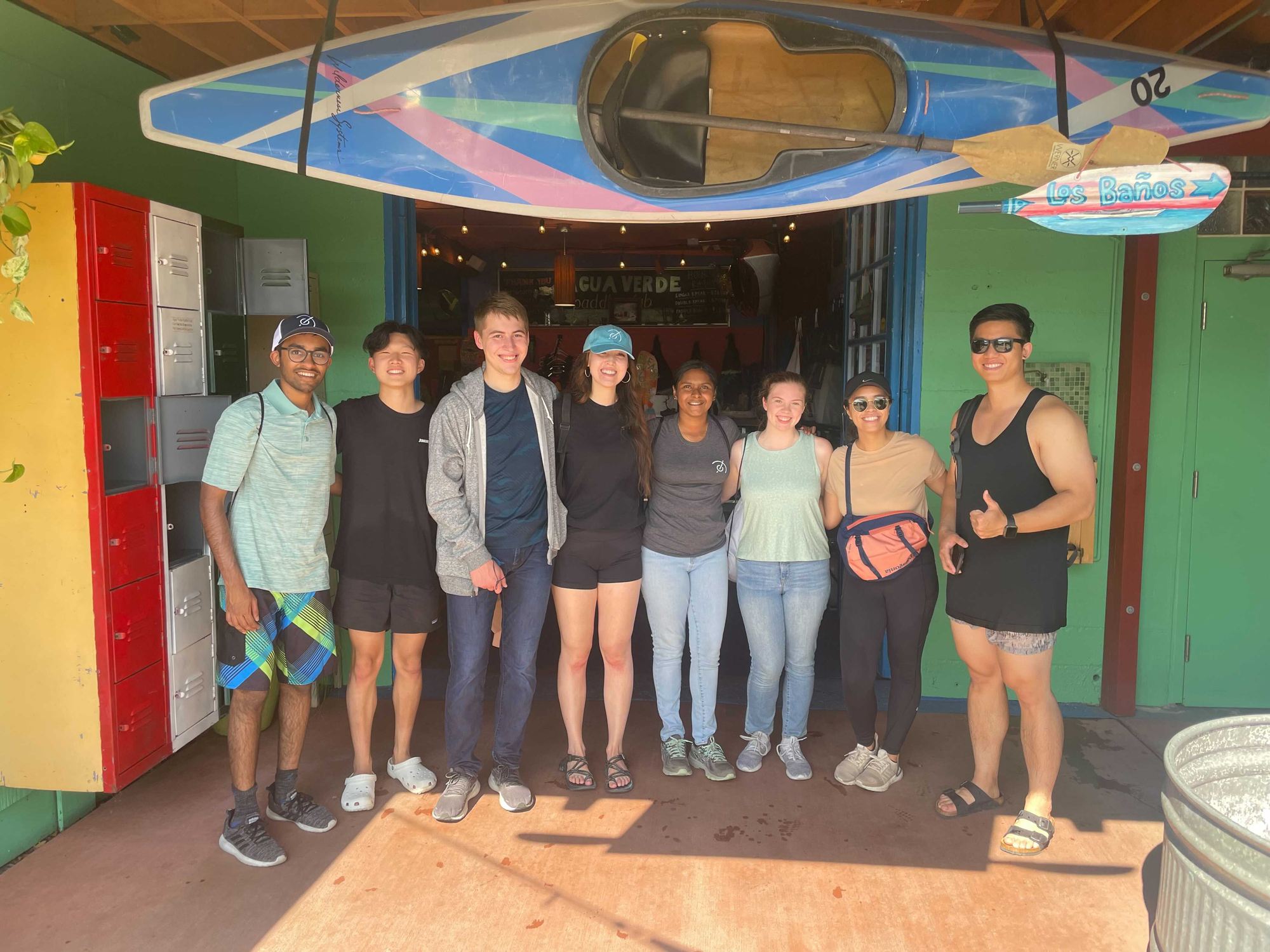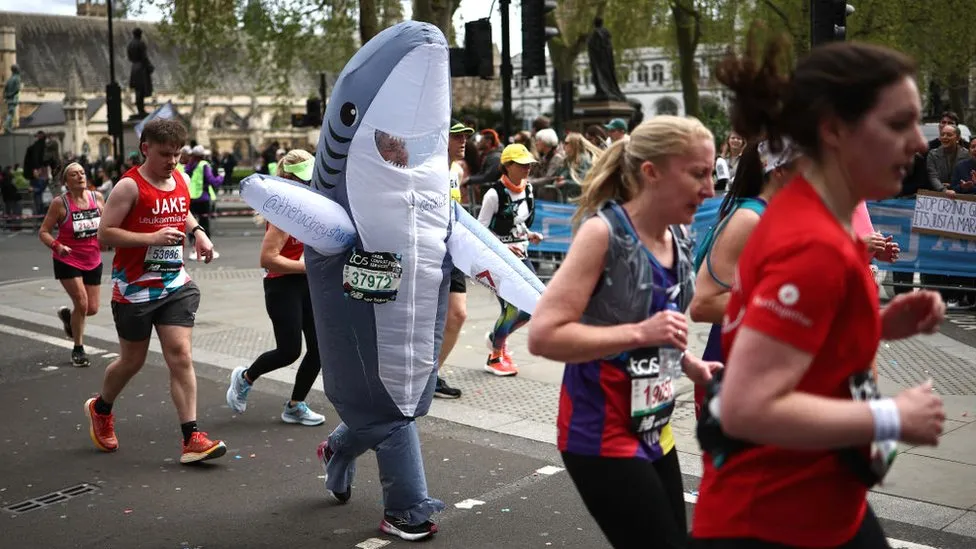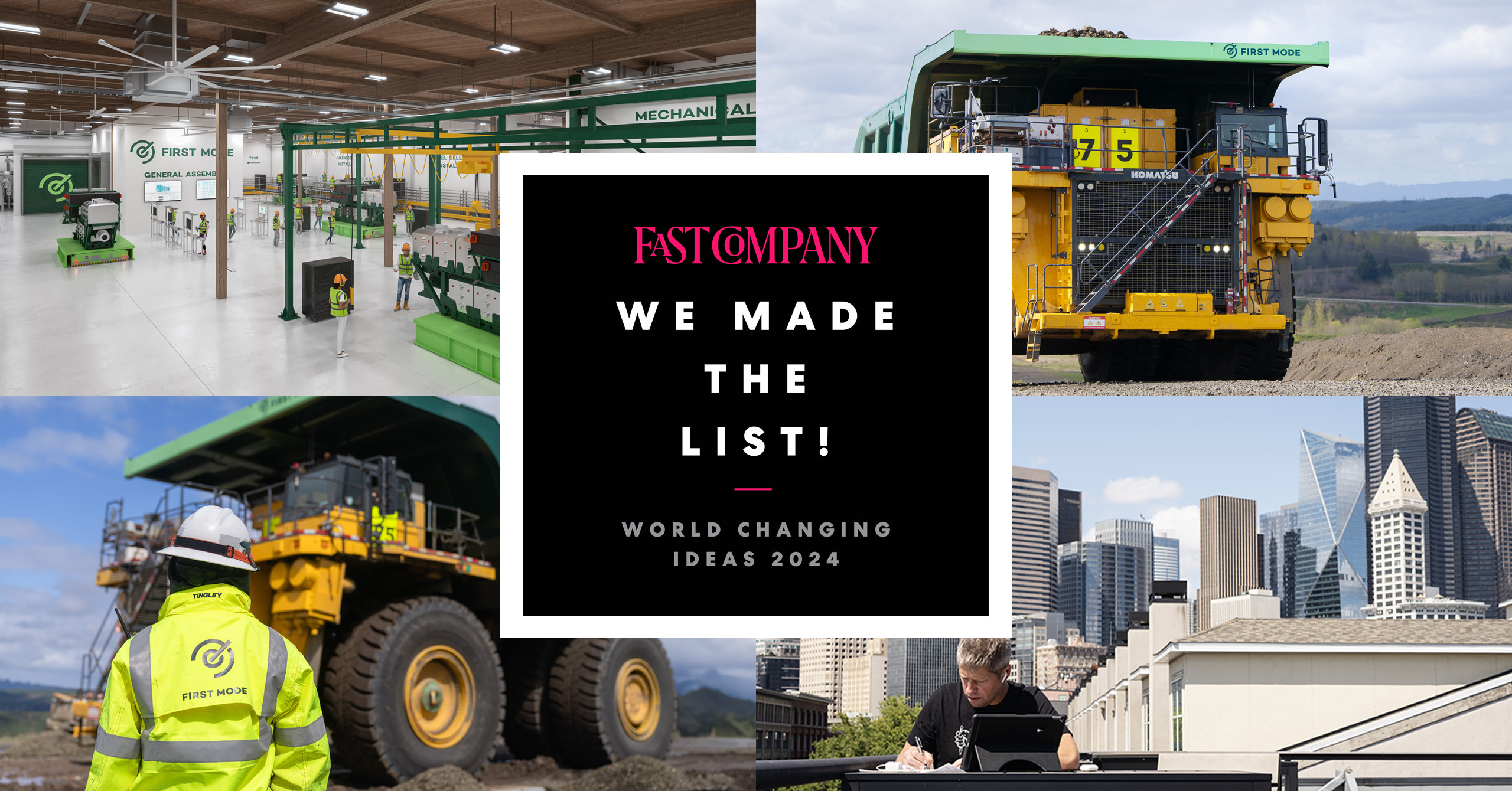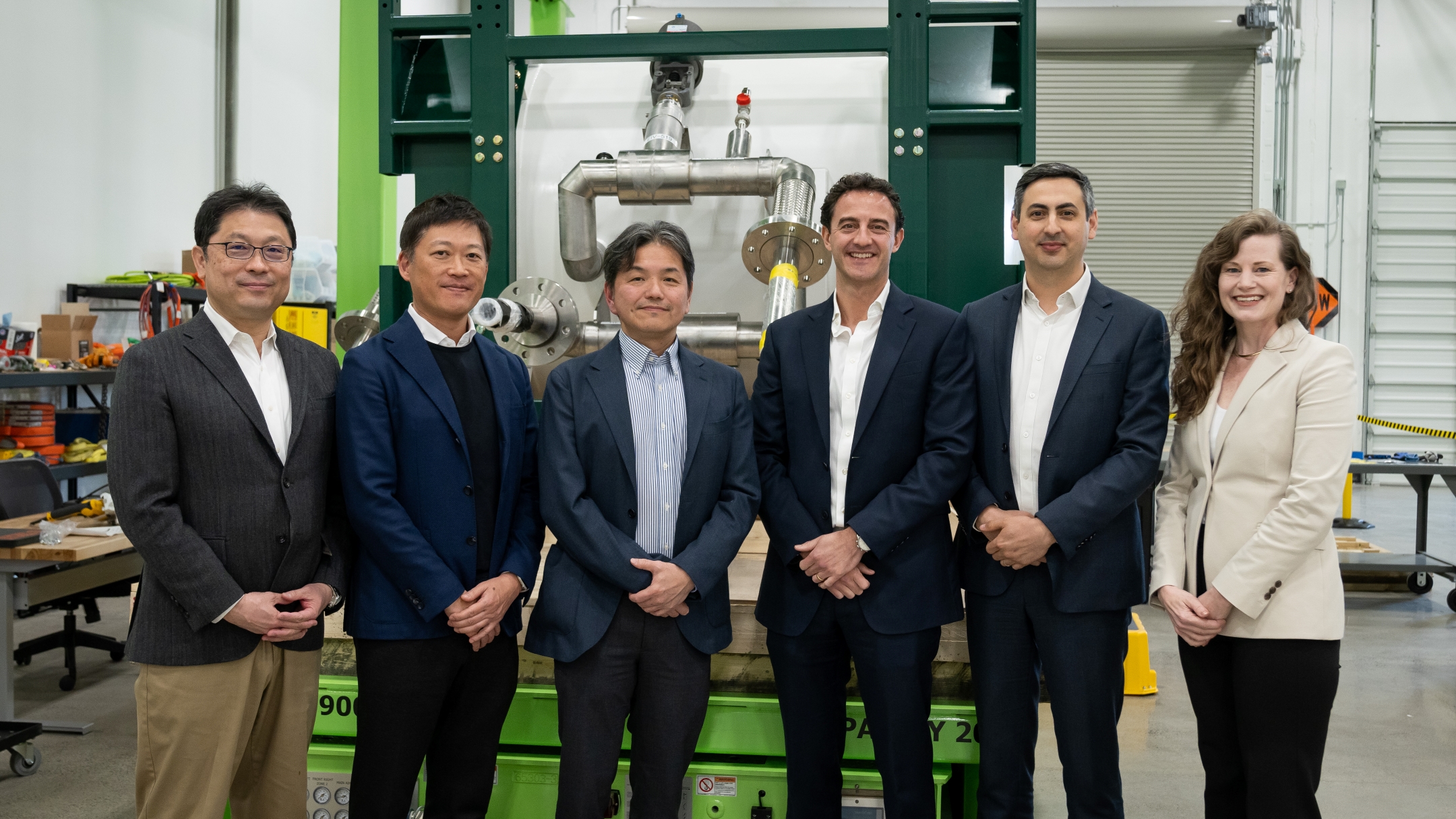Being an intern can mean a lot of different things. At First Mode, we recognize that a diversity of ideas, backgrounds, and experience levels is key to solving major, complex problems for our customers.
Our interns and co-ops are encouraged and empowered to contribute meaningfully to projects and problem-solving discussions, just like anyone else on our team. By the end of a summer internship or semester-long co-op at First Mode, these team members have had the opportunity to take ownership over specific issues or subsets of problems and make major contributions to solving them.
We took a few minutes apiece to chat with our outgoing 2021 interns and co-ops to hear what they spent their time here working on, what they learned at First Mode, and what they’re planning to do next with their knowledge and capabilities.
Related story: Introducing the Newest Additions to the Team: Q3 2021
What school do you attend, and what are you studying?
Hermon Kaysha, Electrical Co-op: I attend MIT and I am studying Computer Science.
Lien White, Electrical/Embedded Co-op: I graduated this past spring from Arizona State University with my Bachelor’s in Robotics Engineering. In January, I will be moving to Los Angeles to pursue my Master’s in Electrical Engineering from the University of Southern California.
William Oakley, Engineering Intern: I am in my final year of a Mechatronic Engineering Bachelors with Honors at Curtin University, Perth, Western Australia.
Lauren Smith, Mechanical Co-op: I’m studying Aeronautical Engineering Technology at Purdue University.
Niya Hope-Glenn, Systems Co-op: I attend Howard University! I’m a second year Chemical Engineering student.
Noah Parker, Electrical Co-op: I’m attending the University of Washington, studying Electrical Engineering.
Justin Rogers, Business Analyst Intern: I’m pursuing an MBA at the UC Berkeley Haas School of Business. I’m also in a Master of Engineering program majoring in Civil Engineering with a focus on transportation at Berkeley’s College of Engineering.
Allen Liu, Electrical/Embedded Co-op: I’m about to enter my last semester at Texas A&M University doing my Bachelor’s in Mechatronics Engineering with a minor in Embedded Systems.
Sidharth Lakshmanan, Computer Engineering Co-op: Currently I am a junior majoring in Computer Engineering at the Paul G. Allen School of Computer Science and Engineering at the University of Washington.
How did you first hear about First Mode? What led you to apply?
WO: I heard of First Mode through the Binar CubeSat program at Curtin University and was blown away by the achievements and experience of the founding members such as Chris and Maggie. I then came to realize they were starting an office here in Perth and I just thought what an incredible opportunity to rub shoulders and learn from some of the best in the business. Applying aerospace experience and thinking to terrestrial challenges in a sustainable and forward-thinking approach is some feel-good engineering.
NHG: I heard about First Mode through the Patti Grace Smith Fellowship. Fellows receive an academic stipend, two aerospace mentors, and a summer internship. I was matched by the fellowship committee to intern with First Mode!
SL: I first heard about First Mode when I visited onsite during an alumni meetup of the Washington Aerospace Scholars program. During that meetup, I heard about the work that Chris had done on the Mars Rover and got to talk to some of the other engineers about why they joined First Mode. Not only was I was impressed with how many cool impactful projects First Mode was doing, but the amazing “nerdy” sci-fi culture that permeated the company.
JR: This seemed like a firm doing spectacular things for our world and a company where I could leverage my unique nuclear engineering experience. Then I learned more and was drawn to the diverse areas the firm specializes in: space, clean tech, mining, and more.
What have you spent your time here working on?
SL: I got to work on so many different projects! From being able to design my first PCB, to writing an application to manage Altium workflows, and even researching a method to perfectly hash diagnostic trouble codes, I was able to do so much meaningful work. Not only have these projects made me a better engineer, but they have also taught me so many new skills that I would have never gotten to learn otherwise.
NHG: This summer, I helped make a detailed formulation study on a green hydrogen plant! I spent time researching and calculating the functionality of reciprocating compressors and organizing the information in an operational profile.
JR: I’ve been building a total cost of ownership model for one of our customers. This model will help that customer make a crucial decision of whether to pursue the investment or not.
LS: Most of my time here has been spent working on the DSOC aperture cover project for NASA JPL: I designed some components to perform a few tests on the actuator, which is used to open the door of the aperture cover. Along the way, I helped with a lot of other small tests, as well as the main testing campaign through September and October, which took place in LA. Since I’ve been back in Seattle, my work on DSOC has been primarily focused on building and testing the aperture cover engineering model, which is essentially a prototype of the aperture cover for JPL to use to practice actuations without the risk of damaging the flight unit.
AL: I spent the large majority of my time here designing, building, and testing a mining truck driving simulator rig. Having the critical mechanical control peripherals of a real vehicle, its purpose is to simulate how a user can interact with the controls of an electric vehicle and also how those controls affect one another.
LW: My main project was a hardware-in-the-loop adapter board and harness that will help engineers at First Mode test-run multiple busses of controller area network (CAN) at the same time on a single PC. The project required me to first become familiar with how CAN communications work, and then create multiple revisions of a printed circuit board on Altium. I manufactured these boards and hand-populated them myself in the SoDo facility. … I also worked with the Scuderia Cameron Glickenhaus (SCG) team towards the end of my co-op, helping the electrical and hydrogen teams design the liquid hydrogen safety system that will be installed on the Boot vehicle for next year’s Baja 1000, and I got to fly out to Los Angeles and assist First Mode’s Deep Space Optical Communications (DSOC) team in thermal vacuum testing in July.
WO: I have spent my time focusing on drivetrain and generator systems, investigating and planning some early test systems and strategies. The testing aims to provide a simple platform to begin applying and developing the control philosophy, while also validating some design choices.
What was the best thing you learned at First Mode?
LW: The greatest lesson I’ve learned is to always ask questions unapologetically and stay curious. Being surrounded by a lot of smart and creative engineers at first, I was intimidated to ask simple questions or share thoughts that I knew didn’t make any sense. Everyone here seems to know that we all come from different walks of life, and there are things some of us may not know but someone in a completely different department has years of experience with and could help with. The people that work here know that the barely possible can only be built when everyone feels that they can openly contribute their unique knowledge.
NHG: I’ve learned that industry experience is beneficial when you’re a college student. At times, I have trouble relating course material and content to a broader context. My first technical internship at First Mode permitted me to make that connection, and I’m extremely grateful to be able to pinpoint my weaknesses when it comes to retaining course information!
HK: The best thing I have learned is teamwork.
JR: I’d be remiss not to mention how much my Excel modeling skills have improved! For me, with an exclusively military background before business school, it has been fantastic to be immersed in how a business operates and how my colleagues think. Also, the amount of sustainable energy applications from how companies remove ore from the earth to how they transport it to a port is fascinating!
NP: It’s hard to choose! Learning how to write code for embedded systems has been really interesting, especially since I had next to no experience with it beforehand.
LS: While I’ve had incredible exposure to countless new technical skills, I think one of the biggest takeaways from my overall experience here is the importance of culture in a company. While I understood company culture to be important, I don’t think I was able to appreciate just how vital it really is. Being able to trust and lean on your coworkers, especially when you’re working on cutting-edge projects like the ones here at First Mode, is one of the most important things.
How do you hope to apply this experience in the future?
AL: My time at First Mode allowed me to see how large-scale projects are approached by large groups of people from varying backgrounds. The importance of having a broad and thorough understanding of how the smaller parts of a whole integrated with each other was highlighted throughout my own project and also by observing how others worked together. I hope that I can use this in my own future career by seeking to work more closely with others.
LS: My experience of working in cleanrooms on spaceflight hardware was a dream come true! I would love to apply the knowledge and skills I’ve learned to work on more spaceflight projects in the future. I also love the cutting-edge projects First Mode tackles, and I hope to build my career around taking on the problems that affect our world today. Now that I’ve had the opportunity to work on projects that are focusing on making a better world for all of us, I can’t go back!
SL: First Mode has given me experience in being proactive, adaptable, willing to learn, and most importantly willing to fail. As such, First Mode has given me many of the tools I need to make a positive impact in this world. So, whether I decide to go into industry right out of college or stay in school to get a masters or PhD, I will definitely use all of the experience that I have gained here to put myself into places where I can be impactful.
LW: Right now, my main fields of interest are space and clean energy but that could very well change. Regardless, I want to apply the diverse skills I’ve built on projects that will help better the earth we live on and the expand scientific knowledge. Parallel to my career, I hope to bring my knowledge full circle by inspiring and teaching the next generation of engineering rockstars. I love working with children and young adults, especially women, and want to foster an open space or non-profit for the next generation to feel empowered to change the world.
Want to intern or co-op at First Mode? We’d love to hear from you! Check out our university co-ops and internship opportunities listed on our Careers page.




